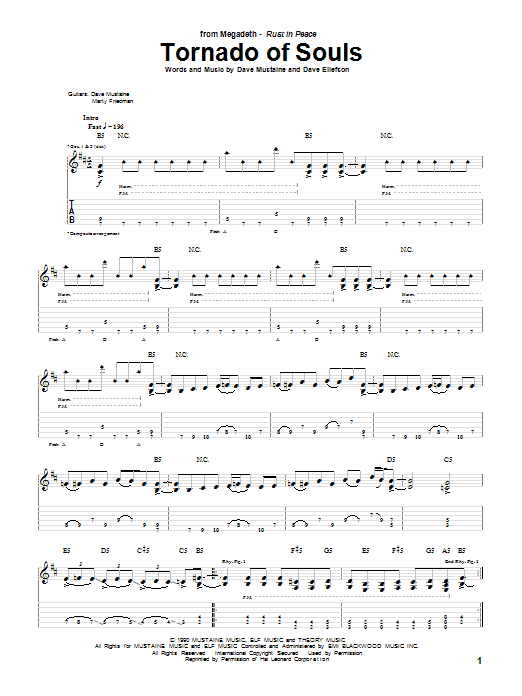

– Brett Milano 71: A Streetcar Named Desire (1951)Ī Streetcar Named Desire was one of the first mainstream films ever to have a fully jazz-based film score, as befits its New Orleans setting. Film scholars have pored over this score for decades and in 2012 they unearthed an unused song, “The Paramount Don’t Want Me Blues,” a musing of Norma’s that was deemed too much of an in-joke at the time. Accordingly, the score might be called one of the first mash-ups, containing snippets of jazz and popular song, along with more haunting themes that signify Norma’s insanity. The wonder of Franz Waxman’s soundtrack to Sunset Boulevard was that it took you inside Norma Desmond’s head, which was a cluttered place indeed. – Brett Milano 72: Sunset Boulevard (1950) All the hypnotic Glass trademarks are here and the circular nature of Glass’ music underlines the unseen connections between the characters, to alternately soothing and chilling effect. There couldn’t have been a better choice than Philip Glass to score an intense, psychological film about three women linked in different decades by the works of Virginia Woolf.

Frank Sinatra’s version is beautifully chilling (it’s one of his first tracks to include a minute-long orchestral intro), as is the latter-day version by Patricia Barber. So with the mix of love, sex and death… you might call this a proto-goth song. In the song, Laura is the ultimate, untouchable object of desire in the movie she is a murdered woman with whom a police detective played by Dana Andrews becomes obsessed. A singularly haunting score by David Raskin, Laura is largely built around variations of the title song, which has an evocative lyric by Johnny Mercer.


 0 kommentar(er)
0 kommentar(er)
